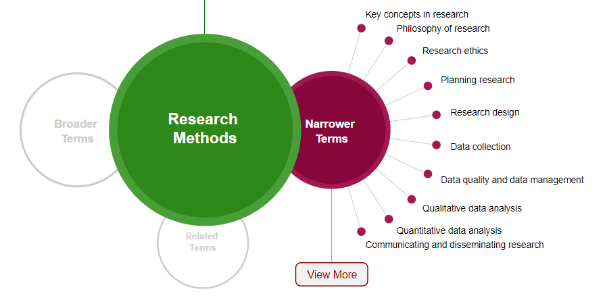Dissertations usually fall into one of three main types:
- Research based You carry out a piece of original research as part of your study using quantitative or qualitative methods.
- Review or audit This could be a detailed literature review perhaps combined with reflective practice and asking for recommendations to develop a new idea, procedure or policy.
- Thematic Using a theoretical framework and select examples within your subject to construct an argument or thesis
The type of dissertation you do will depend upon your discipline and the approach you decide to take to your methodology. In some courses, you will be instructed as to which type of dissertation you will be expected to do. Ensure you read your dissertation assignment brief or handbook carefully to see if your tutors have any specific requirements for your dissertation.






